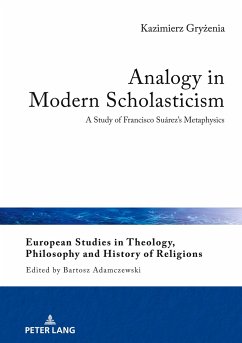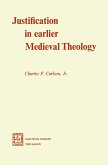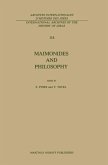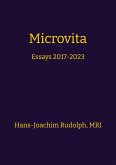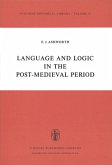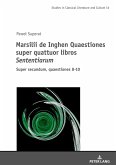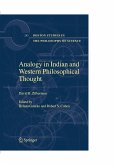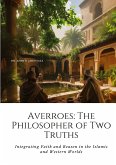In his book, Kazimierz Gryzenia presents the changes which occurred in the understanding of analogy in modern scholasticism, with particular reference to the views of the leading representative of the period, Francisco Suárez. As a representative of the newly established Jesuit order, Suárez was not bound to any previous philosophical tradition and sought to develop a universal system of philosophy.
This book acquaints the reader with the complexity of modern scholasticism, and presents Suárez's philosophy as a significant link in the consolidation of essentialist and ontological tendencies. It also poses the question of whether philosophy conceived and practiced in this way contributed to the later resentment towards philosophy as such, especially towards metaphysics.
This book acquaints the reader with the complexity of modern scholasticism, and presents Suárez's philosophy as a significant link in the consolidation of essentialist and ontological tendencies. It also poses the question of whether philosophy conceived and practiced in this way contributed to the later resentment towards philosophy as such, especially towards metaphysics.

